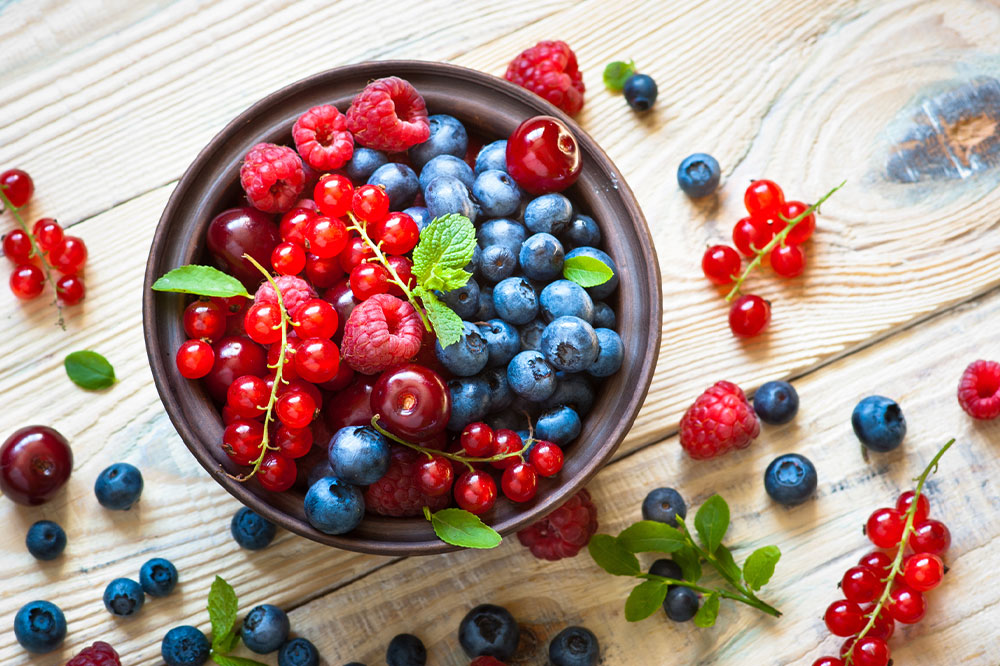Essential Fall Nutrition Tips for Achieving Your Weight Goals
Explore practical fall nutrition tips to support healthy weight management. This article highlights seasonal dietary adjustments, including oatmeal, legumes, root vegetables, and healthy fats, to boost immunity, energy, and mood. Learn how slow cooking and vitamin D intake can enhance your overall health during the fall season, making it easier to stay on track with your weight goals while enjoying seasonal flavors and benefits.

Essential Fall Nutrition Strategies for Effective Weight Management
Top nutrition strategies for maintaining a healthy weight this autumn
As the leaves turn and cooler breezes arrive, fall becomes an ideal time to focus on your health and weight goals. With seasonal changes affecting our cravings and activity levels, it's important to adapt your diet accordingly. Transitioning from summer habits to autumn-friendly nutrition can support your weight management efforts. Staying committed requires dedication, but with the right approach, you can successfully reach your health targets during this cozy season.
Studies indicate that seasons influence our metabolism and food preferences. Cooler weather often triggers cravings for warm, hearty foods, and fewer outdoor activities can challenge fitness routines. Here are some fall-specific diet tips to help women maintain their weight:
Replace cereals with oatmeal
Oatmeal, a nutritious whole grain, helps stabilize blood sugar and keeps you full longer. Its fiber content and the energy needed for digestion generate body heat, which is advantageous in colder months.
Incorporate more legumes
Beans offer essential nutrients like fiber and protein, making them a perfect fall dietary choice. Proper soaking and slow cooking maximize their antioxidant benefits, supporting overall health and immunity.
Utilize slow cooking methods
Cooking at low temperatures over extended periods creates satisfying meals. Sautéing vegetables like squash or root vegetables in healthy oils increases nutrient absorption and boosts antioxidant levels, which can lower infection risks.
Include root vegetables
Incorporate pumpkins, sweet potatoes, carrots, and rutabaga into your meals. Rich in beta-carotene, these orange-hued vegetables strengthen immunity and support vision. Pumpkin seeds provide magnesium, antioxidants, and other essential nutrients.
Cook with healthy fats
Fats from olive, sesame, and coconut oils enhance nutrient absorption from seasonal produce. These fats support vitamin uptake and serotonin production, which regulates mood, sleep, digestion, and memory.
Increase carbohydrate intake
Carbohydrates can combat seasonal mood dips, known as seasonal affective disorder. They promote serotonin production, enhancing your mood and energy levels during darker months.
Get adequate vitamin D exposure
Sunlight helps maintain healthy vitamin D levels, which support bone strength and cancer prevention. Incorporating safe sun exposure is a vital fall nutrition tip for overall health.
Note: Our blog provides a wide range of health-related information for educational purposes. While based on research, the content should not replace professional medical advice. The website does not guarantee the accuracy of external data or special offers that may benefit readers. Always consult a healthcare professional for personalized guidance.








